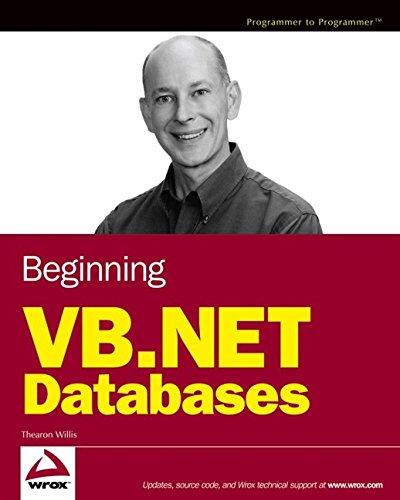Question
Tables R(a, b) S(a, c, d) will be Joined over the attributes a. Catalog information is as follows: NPages (R) = M =2000 pages, 80
Tables R(a, b) S(a, c, d) will be Joined over the attributes a. Catalog information is as follows: NPages (R) = M =2000 pages, 80 records per page NPages (S)= N = 300 pages, 40 records per page No idx on R.a and S.a. DBMS does not use prefecthing based double buffer and blocked I/O methods and 1 buffer page is used as input and output buffer. Rep.Sel. also not used. Suppose the query results are written to the screen. Since buffer pool size = B = 50 pages; a) How many Disk I/O results in this Join operation with BNL (block nested loop) with R in outer loop and S in inner loop? b) How many Disk I/O results in this Join operation with BNL (block nested loop) with S in outer loop and R in inner loop? c) What will be the lowest / largest Disk I/O cost of this Join operation with sort-merge-join, with S in the outer loop and R in the inner loop? (We turn the R and S tables into sequential tables. Then we merge the sequential R and S tables.) d) What is the Disk I/O cost of this Join operation with Hash Join? Assume that the pieces are approximately the same size. (External table, interior table selection is important!) e) What will be the Disk I/O cost of this Join operation with Hybrid Join? Assume that the pieces are approximately the same size. (External table, interior table selection is important!)
Step by Step Solution
There are 3 Steps involved in it
Step: 1

Get Instant Access to Expert-Tailored Solutions
See step-by-step solutions with expert insights and AI powered tools for academic success
Step: 2

Step: 3

Ace Your Homework with AI
Get the answers you need in no time with our AI-driven, step-by-step assistance
Get Started


